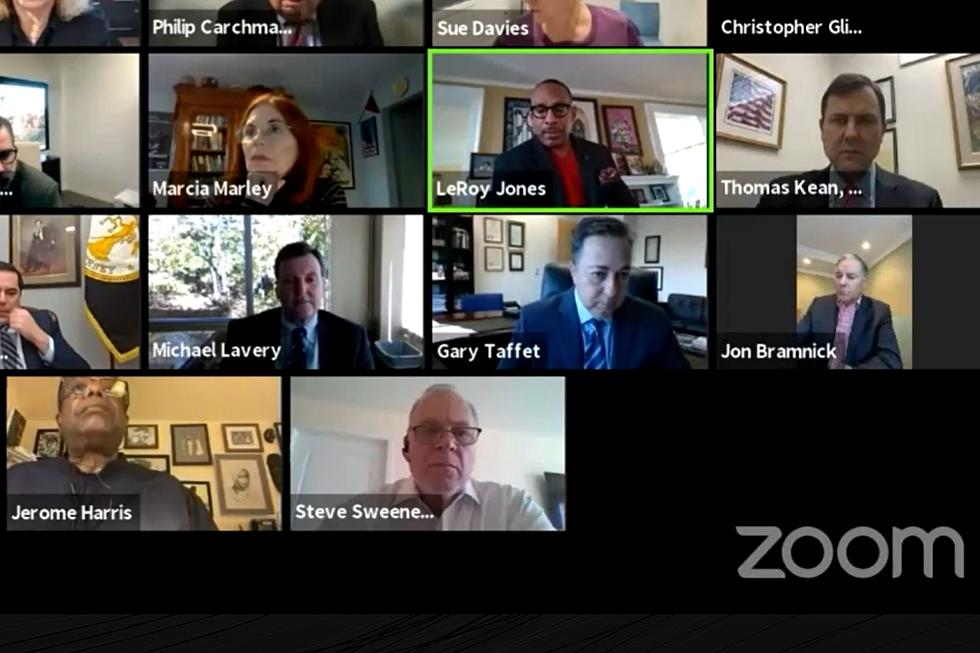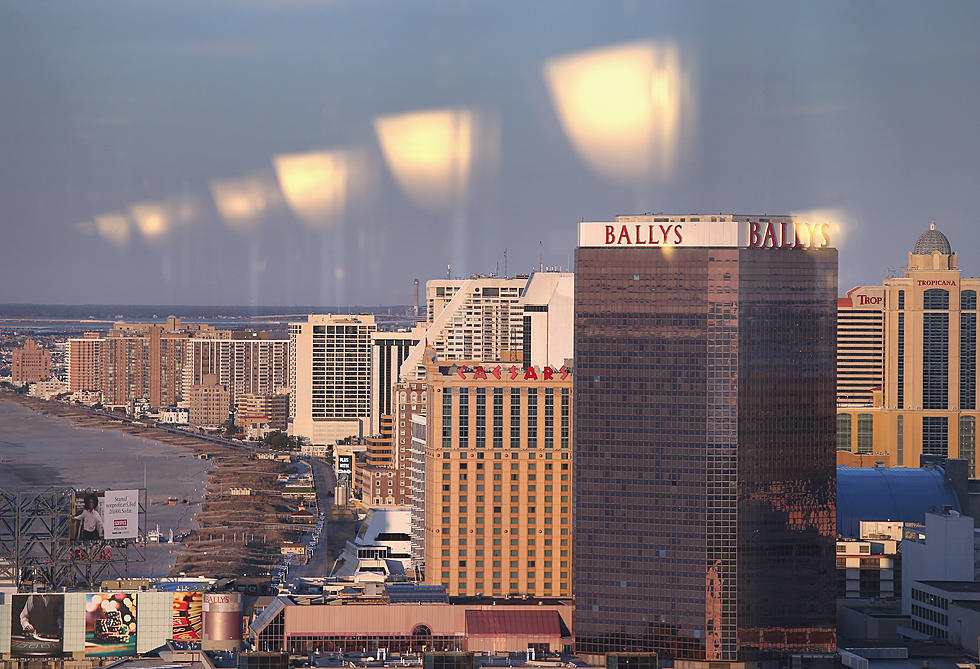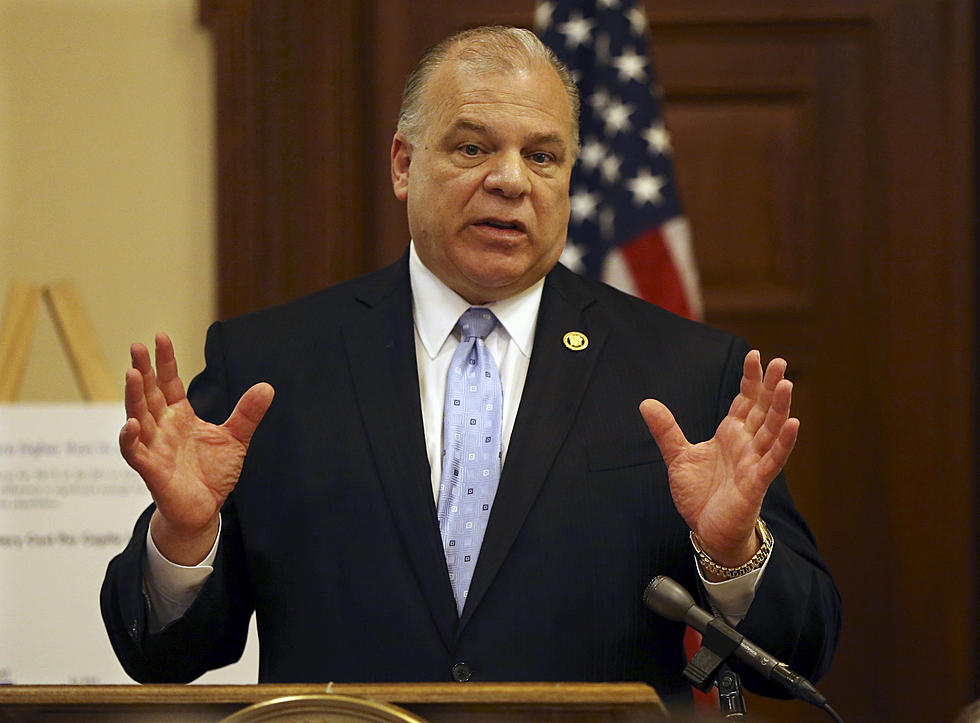![Minimum Wage Debate Continues in NJ [AUDIO]](http://townsquare.media/site/385/files/2014/02/162776824.jpg?w=980&q=75)
Minimum Wage Debate Continues in NJ [AUDIO]
Last November, a constitutional amendment was placed on the ballot to raise the state's minimum wage to $8.25 an hour and tie further increases to the Consumer Price Index. The initiative was overwhelmingly approved by the voters of New Jersey. The prime sponsor of the legislation is now doing a victory lap around the state touting the success of the wage hike, but critics said it's far too early to claim victory.
"Our minimum wage hike is helping our economy because people have more money to spend and they're spending it," said State Senate President Steve Sweeney (D-West Deptford). "It's not like the people who are wealthy who, when you give them a break, it goes to the bank. This money is going right back into the pockets of the stores in this state."
The business community lobbied against the state's minimum wage increase. Some aren't convinced it is helping boost the economy now that's it's in effect.
"It's too early to tell exactly what the impact will be, but we do believe it will have an impact on business," said New Jersey Business and Industry Association first vice president David Brogan. "The way we look at it, any increase in operating costs on business needs to be made up in several different ways. You either reduce the workforce, reduce the hours (and) you have a diminishing amount of money to reinvest in the company."
In early May, Sweeney took part in a minimum wage increase forum discussion at the White House. He said Thursday that he also supports President Barack Obama's plan to hike the wage at the federal level.
"The President went way beyond what we did here in New Jersey," Sweeney said. "He's talking $10.10 an hour and honestly, that is a legitimate wage and I support the president."
The NJBIA is sticking to its position. Brogan said the impact on Garden State businesses as a result of the state's minimum wage increase will be more profound if the wage is hiked even higher as per the president's plan.
"We didn't support the increase in the state proposal and we don't support the increase in the federal proposal," Brogan said. "When you're looking at these issues you can't look at them in a silo. You have to look at them as part of the broader picture of how government-imposed mandates and requirements affect businesses' bottom line."
According to Sweeney, it is a fact that raising wages for the working poor has a positive impact on towns and businesses. He called on Republican members of Congress to support the president's call for raising the federal minimum wage.
More From New Jersey 101.5 FM









